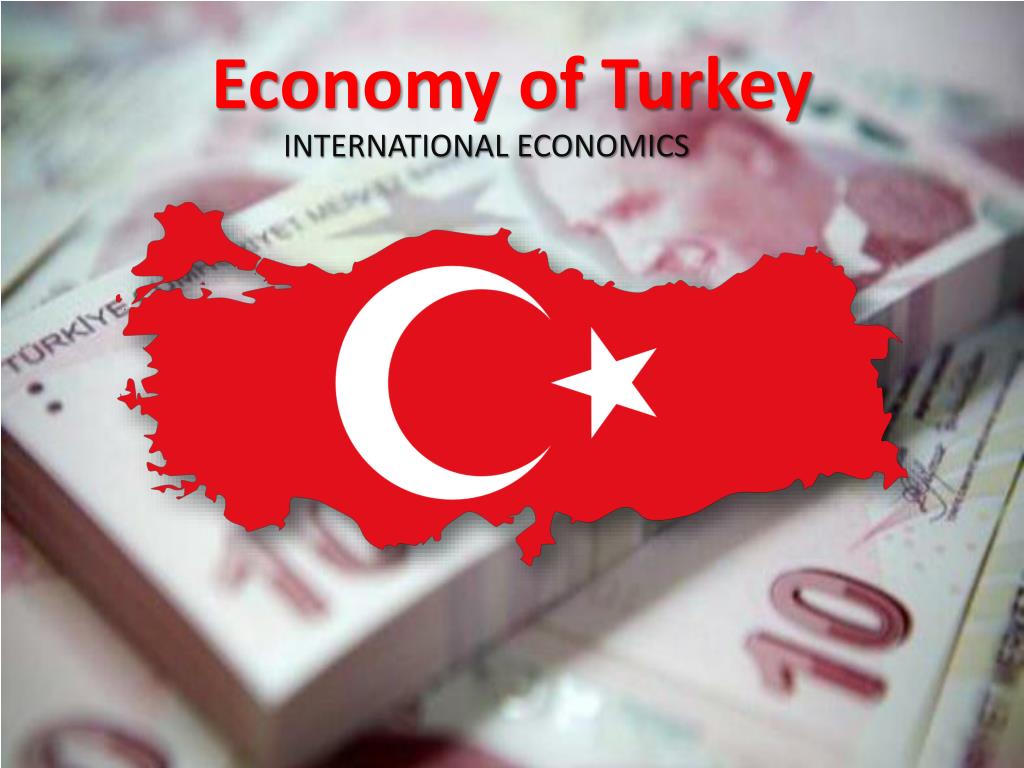The Economy Of Turkey 2021 - Strengths, Weaknesses, And Future Expectations
Information About the Turkish Economy
The Turkish economy is distinguished by its general competitive ground in various economic sectors, as it has proven its cohesion and strength with the components of strength and merit it has, also the Turkish economy is a vibrant economy that has been the subject of trust among the international parties interested in the economic aspect, and among the investors in general.
The rank of the Turkish economy globally continuous to improve, thanks to the firm steps that Turkey has taken regarding the development and growth, in addition to this, the private sector has an important position on the economic specter, also the public economic sector in Turkey is concerned with the work organization and applying the free foreign trade policy, and the freedom to exchange money and services between Individuals and institutions without any obstacles, in what can be described as a free market economy.
Turkey is currently in the eighteenth place as the largest economy in the world thanks to its strong economy, with a GDP of about 736.716 billion dollars, also Turkey aims to get its economy to the tenth place as the largest economy by 2023.
Turkish economy in numbers 2021
The governmental financial policies supporting the growth of the Turkish economy had an important role in improving the economic growth level of Turkey this year, where the Turkish economy achieved the predictions of Moody’s International in its report on the global economic and credit forecasts for 2020-2021, it indicated that the Turkish economy is growing faster and faster than it is expected, and it rose it to 3% instead of 2% and expecting Turkey’s economic growth to remain stable at 0.25%, and to rise to at least 3% this year and the next.
Advantages and Strengths of The Turkish Economy
Perhaps the most important characteristic of the Turkish economy in its past two decades is the fact that it has always proven to be above expectations, and that it is a renewed economy in its ability to overcome difficulties in spite of the sensitive stage that the Turkish lira is going through. At the end of 2018, many economic analysts were pessimistic about Turkey’s ability to stabilize its economy and start from it towards the following years, but what happened contradicted expectations regarding the Turkish economy in this matter, the Turkish budget has recorded a surplus of one billion USD in January of the following year, according to data revealed by the Turkish Ministry of Treasury and Finance at that time, and the report showed that the revenues of the Turkish Country during the first month of the next year recorded an increase of 97 billion Turkish lira, also, at a time when the economy of the world witnessed a decrease and stagnation due to the global economic crisis in 2008, the Turkish economy witnessed after a year of global recession a growth of 9.2% in 2010 and 8.5% in 2011, which raised the per capita share of the local gross product, all this made many investors continue their financial investments after the Coronavirus crisis due to their confidence in this economic history based on the data.

Defects and weaknesses of the Turkish economy
One of the most important defects of the Turkish economy seems to be how quickly investors are affected by the news, putting the investors under immediate destabilization, for example, preliminary data showed that the confidence of manufacturers in the country’s economy fell to its lowest level since the global financial crisis, Bloomberg News Agency explained that view of the manufacturers regarding the economy became pessimistic after five consecutive months of optimism due to the “COVID-19” virus, also, the seasonally-revisioned index of the Turkish Central Bank decreased by 8.2 points and reached 98.6 points in March. The index values that are below 100 points indicate a feeling of pessimism.
Data of the Turkish Central Bank also showed a decline in the utilization rate of the manufacturers’ capacity, as the government closed nearly two hundred thousand companies in an attempt to limit the spread of the new strain of the virus, and it announced a series of financial measures to prevent companies from laying off workers such as tax cuts and deferring the due payments.
The Turkish economy in the last two decades
Since the AK Party took power in 2002, it has followed economic policies that enhanced and strengthened the country’s economic growth, where Turkey’s public debt ratio has been reduced and the total domestic product gross has doubled since the start of these reforms. which put Turkey in Erdogan’s era among the most powerful economies in the world, known as the G20.
The country also became a destination for direct investments during his era, and Turkey was distinguished by its tremendous and growing volume of exports since he came. The official figures indicate that the value of the Turkish exports reached more than ten times what they used to be before Erdogan took power.




